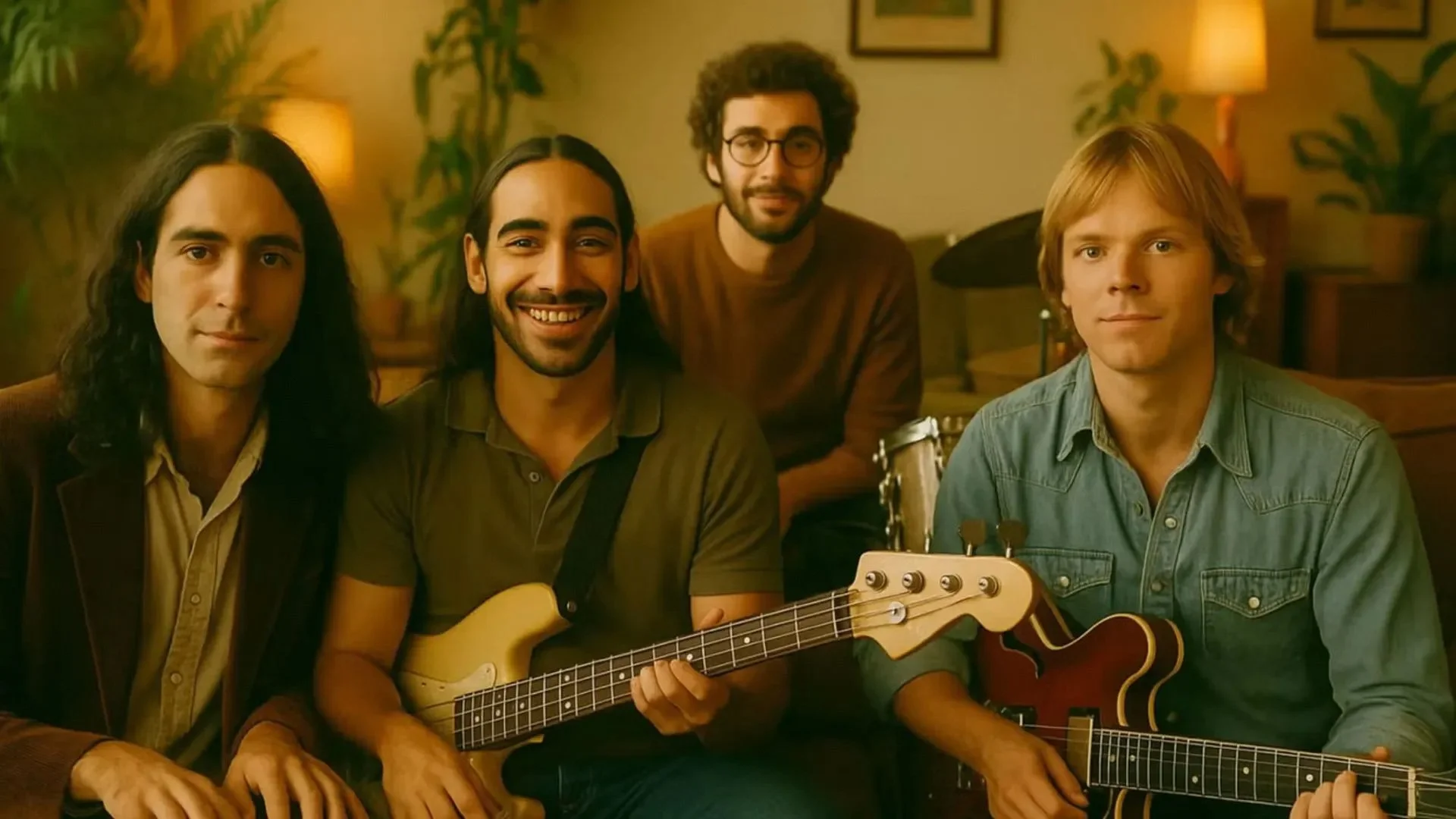AI Music Market Set to Hit US$6.2B by 2025
Image Credit: Alexander Shatov | Splash
Artificial intelligence is revolutionizing the music industry, driving innovation in how music is created, discovered, and consumed. The global AI music market is projected to reach US$6.2 billion by the end of 2025, with significant implications for artists and listeners. While AI enhances creativity and personalization, concerns about copyright, cultural appropriation, and artist livelihoods highlight the need for robust regulations.
[Read More: YouTube Introduces AI-Powered 'Music Assistant' for Custom, Copyright-Free Tracks]
Market Growth and Economic Impact
The AI music market is on a steep growth trajectory. Market.us projects it will grow to US$38.7 billion by 2033, with a compound annual growth rate (CAGR) of 25.8%. Generative AI, which creates original music, is expected to reach US$2.92 billion in 2025 and US$18.47 billion by 2034, with a CAGR of 22.7%. Cloud-based AI tools, holding 71.4% of the market share in 2023, drive this growth due to their affordability and scalability.
AI-powered recommendation algorithms shape over 50% of the top 20 global hits on streaming platforms like Spotify. These systems analyze listener data to curate personalized playlists, fueliing demand for tailored music experiences and boosting industry revenue by 17.2% in 2025.
[Read More: Spotify to Use AI for Real-Time Podcast Translation, Expanding Global Access]
Artist Adoption and Creative Tools
Approximately 60% of musicians use AI for tasks like composing, mastering, and creating artwork. Specifically, 20.3% use AI in production, 30.6% for mastering tracks, and 38% for generating visuals. AI’s efficiency—generating melodies in under two seconds, 20 times faster than humans—enables artists to explore new sounds.
Platforms like AIVA and Amper Music lead this trend. AIVA, trained on 30,000 scores, creates tailored compositions, while Amper Music, backed by US$4 million in seed funding, simplifies music production. A landmark example is The Beatles’ 2023 single “Now And Then”, which used AI to restore a John Lennon demo, earning a 2025 Grammy for Best Rock Performance. This marked the first AI-assisted song to win a Grammy, showcasing AI’s potential to complement human creativity.
[Read More: AI Restores John Lennon's Voice After 43 Years]
Consumer Behaviour and Perceptions
AI shapes how audiences discover music, with 74% of internet users relying on AI-driven recommendations. Notably, 82% of listeners cannot distinguish AI-generated music from human-made tracks, reflecting AI’s advanced capabilities. However, 77% of consumers worry that AI music often fails to credit original artists, risking copyright disputes.
A 2024 IFPI survey across 26 countries found that 79% of music fans value human creativity, 74% oppose unauthorized AI cloning of artists’ voices, and 97% support mandatory disclosure of AI training data, aligning with the EU AI Act’s transparency requirements. These findings highlight public demand for ethical AI practices.
[Read More: A Stroke of Protest: AI and the Artistic Sacrifice]
Challenges and Ethical Concerns
AI’s rise poses risks to creators. APRA AMCOS estimates that by 2028, 23% of music creators’ revenue—approximately AU$519 million—could be lost to generative AI. While 38% of musicians use AI and 54% see it as a creative tool, 65% believe its risks outweigh benefits, and 82% fear it threatens their livelihoods. Additionally, 83% note that AI-generated music reduces visibility for human works on streaming platforms, and 88% want human music prioritized.
Copyright concerns are central. The 2023 AI-generated track “Heart on My Sleeve”, mimicking Drake and The Weeknd, was removed from streaming services after Universal Music Group cited copyright violations. Creators, with 97% demanding transparency in AI training data and 95% seeking prior consent, emphasize the need for legal protections.
Indigenous creators face unique challenges. APRA AMCOS reports that 89% of Aboriginal and Torres Strait Islander musicians fear AI-driven cultural appropriation, 67% struggle to protect cultural rights, and 83% want Indigenous Cultural and Intellectual Property (ICIP) guardians empowered to address violations. These concerns underscore the need for culturally sensitive regulations.
Regulatory and Industry Responses
Governments and the industry are responding to AI’s challenges. The EU AI Act, effective August 2024, mandates transparency in AI training data. In the U.S., the Copyright Office’s 2023 AI Initiative is studying authorship and infringement, with a report to Congress pending. Universal Music Group has pursued legal action against AI firms, while artists like Billie Eilish advocate for protections.
Innovative solutions are emerging. Grimes proposed royalty-sharing for AI-generated tracks, and a 2024 Oxford Academic study suggested AI-royalty funds to ensure fair compensation. Warner Music Group urges streaming platforms to block unauthorized AI training, aligning with Sony’s stance.
Source: Market.us, ArtSmart.ai, APRA AMCOS












